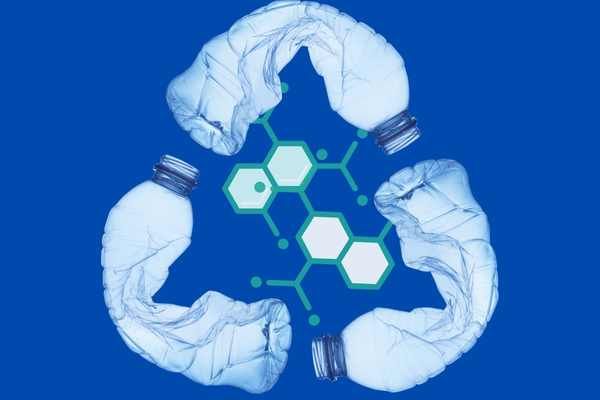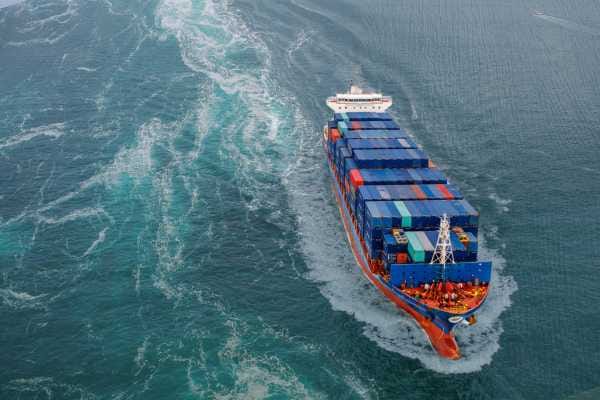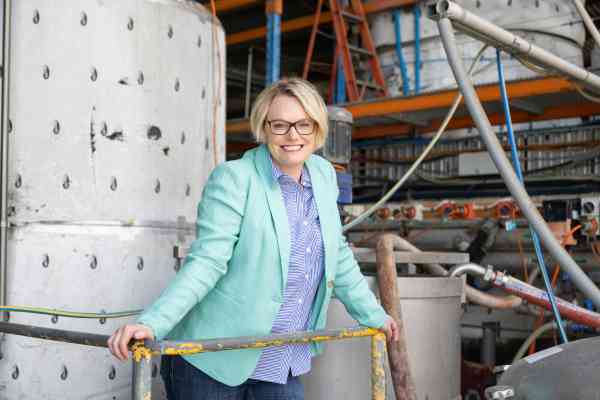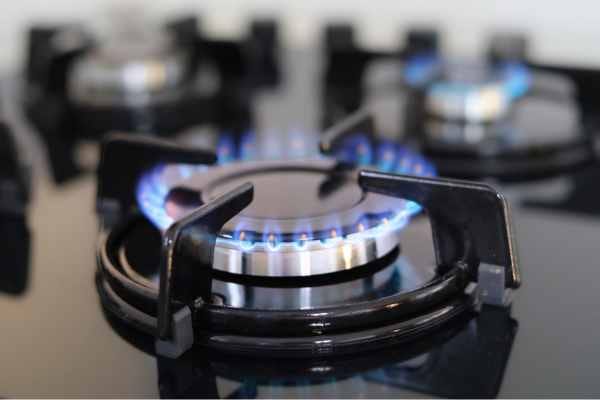Enzymes offer hope for plastic waste
This new recycling biocatalyst can break down a range of plastics into a more reusable form.

A new recycling approach based on superbugs can break down a range of plastics into a reusable form.
A startup called Samsara Eco has developed an enzyme technology that it says will enable the infinite recycling of plastics, eliminating the need to keep producing new plastic.
The biocatalyst technology, developed in collaboration with researchers at the Australian National University (ANU), can break down used plastic into its original chemical building blocks, which means it can be recycled over and over without degradation.
Using conventional recycling methods, plastic can only be recycled a few times before it loses its integrity. While traditional recycling uses physical methods to shred and melt plastics, Samsara’s enzymes chemically break down plastic – including coloured plastic – into a clear product.
Once it has been broken down to its core building blocks it can then be used to recreate brand new plastic. Samsara Eco says its plastic-eating enzymes can rapidly turn plastics into resin beads with no structural degradation, which manufacturers can reuse to create new food-grade plastics and polyester.
The upside, they say, is that we will never have to create plastic from virgin materials like fossil fuels again and means the plastic that would normally end up in our oceans and landfill can be reused.
Samsara Eco’s first enzyme is for recycling PET plastics and polyester used in plastic bottles and fast fashion. The long-term plan, however, is to expand its library of enzymes to unlock multiple plastic markets including nylon, soft plastics and other forms of plastic, with the ultimate goal of recycling ‘mixed bale’ waste so every type of plastic can be infinitely recycled, which would be a world first.
"The solution must target the rest of our waste that is currently too challenging to recycle using traditional methods."

Vanessa Vongsouthi, Protein Engineering Lead & Research Founder at Samsara Eco, told Cool Green Tech that only a limited volume of waste plastic such as clear and clean PET bottles can currently be converted into high-quality recycled PET, and even then, only for a limited number of cycles before structural integrity is lost and further recycling is no longer viable.
“For this reason, the solution must target the rest of our waste that is currently too challenging to recycle using traditional methods: the contaminated, coloured, multi-layered, mixed plastics that are accumulating in landfills and degrading the natural environment. That’s exactly where Samsara fits in.”
To speed its journey, in March, Samsara Eco raised A$6 million in funding from the Australian government’s Clean Energy Finance Corporation, W23 – the venture capital fund of Australian supermarket giant Woolworths, and Main Sequence, Australia’s deep tech investment fund founded by Australia’s national science agency, CSIRO.
The funding will go towards the construction of a 20,000-tonne recycling plant in Melbourne or Sydney, and help it grow its team of scientists and its enzyme library.
The company has so far partnered with Tennis Australia to recycle 5000 plastic bottles generated during the Australian Open. The company is also collaborating with Woolworths, with the pair planning to trial the technology in the supermarket’s own packaging for products such as home brand mini tomatoes in the next two years.
While Samsara’s enzymes are currently only being used on a small scale at ANU’s lab, plans are to establish a commercial recycling plant in the next two years.
The tech
Samsara Eco has developed a biocatalyst technology that breaks down plastics (otherwise known as polymers) into their original building blocks (called monomers). This enzymatic depolymerisation process allows for the reuse of these monomers, giving them the same characteristics as virgin plastic. According to Samsara Eco, the technology is capable of recycling heterogeneous mixes of hard to recycle plastics, including coloured, multi-layered, and mixed plastics.
Who funds it
In March, Samsara Eco raised A$6 million in funding from the Australian government’s Clean Energy Finance Corporation, Woolworths’ venture capital fund W23, and Main Sequence, Australia’s deep tech investment fund founded by Australia’s national science agency, CSIRO.
Is it ready to roll
Samsara Eco’s first enzyme is for recycling PET, but as a platform technology it has plans to expand its library of enzymes to unlock multiple plastic markets such as nylon, soft plastics and other forms of plastic, with the ultimate goal of recycling ‘mixed bale’ waste. Last September it raised A$6 million to help it build a 20,000-tonne recycling plant.





